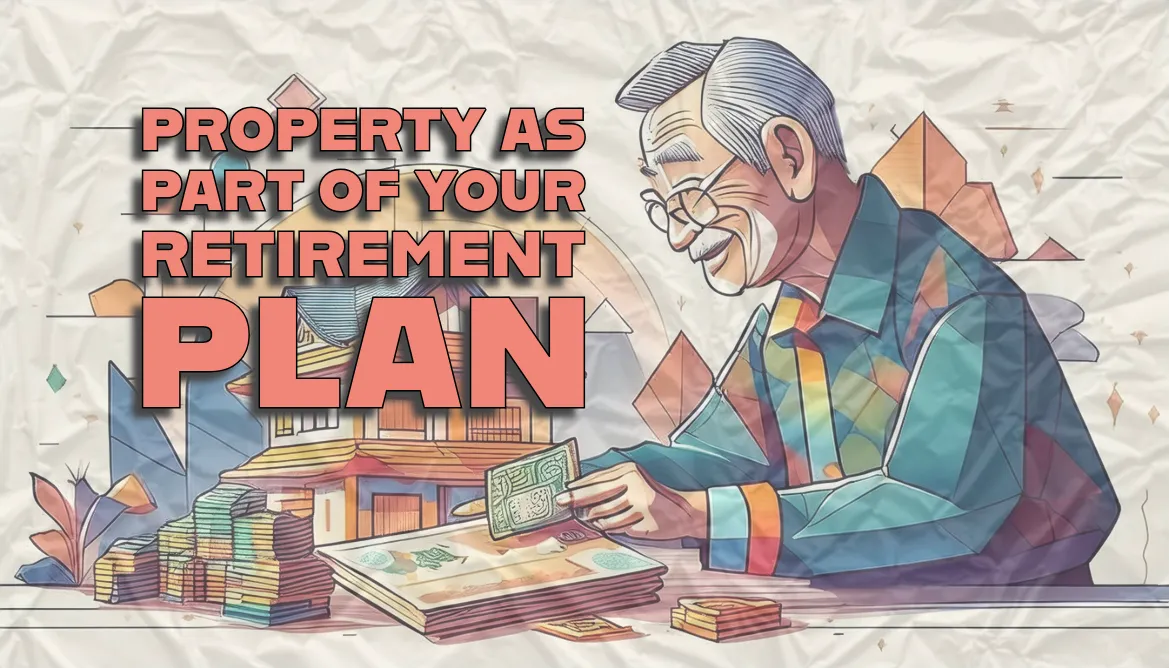Discover the pros and cons of including property in your retirement plan. Make an informed decision about your future today.
Securing a comfortable retirement becomes increasingly important as we approach our golden years. Investing in property is a popular strategy among Singaporeans. The Singapore property market offers steady returns and a tangible asset to pass down to future generations. However, like any investment, property comes with its own set of risks and rewards. This article explores the pros and cons of including property in your retirement plan.
The Appeal of Singapore Property
Singapore’s property market has a certain allure. Despite global economic fluctuations, property investment in Singapore remains relatively stable. This stability stems from the city-state’s robust economy, strict regulations, and limited land supply. These factors help maintain property values even during economic downturns.
Pros of Property Investment for Retirement
Steady Income Stream
Property investment offers the potential for a steady income stream. Renting out your property generates regular rental income to supplement your retirement savings. This is particularly beneficial in high-cost living countries like Singapore.
Capital Appreciation
Property investment also offers the potential for capital appreciation. Over time, property values in Singapore generally trend upwards due to economic growth, population increase, and urban development. Selling your property in the future could result in a significant profit.
Inflation Hedge
Property serves as a hedge against inflation. As living costs rise, so do property values and rental incomes. This helps preserve the purchasing power of your retirement savings.
Cons of Property Investment for Retirement
High Entry Cost
The high entry cost is a significant barrier to property investment. Singapore’s property prices are among the highest globally, making it difficult to afford an investment property. Additional costs include stamp duty, legal fees, and maintenance costs.
Liquidity Risk
Property investment carries liquidity risk. Unlike stocks or bonds, selling a property takes time. This can be problematic if you need quick access to funds, such as in a medical emergency.
Market Risk
While the property market in Singapore has been stable, it is not immune to fluctuations. Property values can fall as well as rise, and there’s no guarantee of selling your property for a profit in the future.
Conclusion
Property can be a valuable component of your retirement plan. It offers potential benefits like a steady income stream, capital appreciation, and an inflation hedge. However, it also carries risks such as high entry costs, liquidity risk, and market risk. As with any investment, research and consider your financial situation and risk tolerance before diving in.
Ultimately, include property in your retirement plan as part of a broader financial strategy. Diversify your investments and plan to ensure a comfortable and secure retirement.
Contact me for more information.





